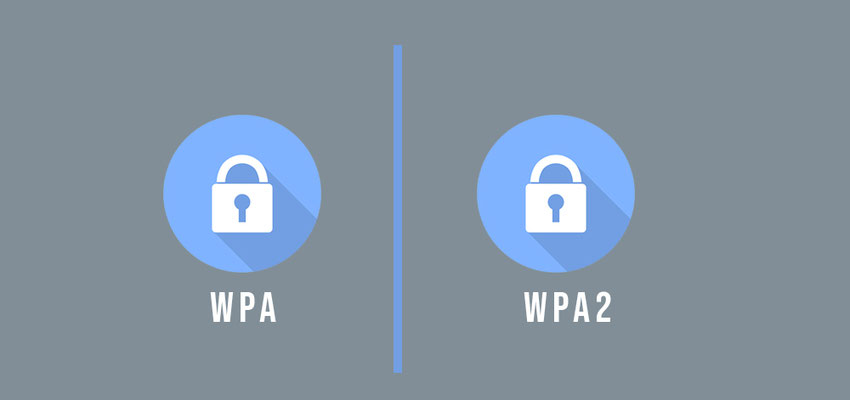
WPA or WPA2: Which is Better?
Posted April 16, 2020, 7:54 a.m. by Emil S.WPA is ‘Wireless Protected Access,’ a ‘security and access control technology’ for Wi-Fi wireless networking. WPA2 is the upgraded version of WPA. It has been available on all authorized Wi-Fi equipment starting in 2006 and was an optional feature of previous products. We are reviewing both versions to help you select the router security that best suits your needs and preferences.
WPA 2 vs WPA: Overall Findings
|
WPA
|
WPA2
|
The outdated WEP technology used radio waves that were easy to hack. When WPA replaced WEP, it improved on the security by ‘scrambling the encryption key’ and validating that it wasn't modified while transferring data. WPA2 vastly improved network security by utilizing superior AES encryption.
Furthermore, WPA2 bars the use of the Temporal Key Integrity Protocol (TKIP) algorithm that has several security limitations and vulnerabilities. All that makes WPA2 far more secure than WPA and is the best option for router owners.
Pros and Cons: Making a Choice
|
WPA
|
WPA2
|
Several older wireless home routers support both WPA2 and WPA technology, and administrators must choose between the two. WPA2 is the safer and more straightforward choice.
WPA2 demands significantly higher performance from Wi-Fi hardware when it is running the more advanced encryption algorithms. That theoretically slows down the network more compared to operating with WPA.
The WPA2 benefits and advantages far outweigh its effect on the network’s overall performance, that is why it is the prevalent security technology employed in most systems today.
Security Level: Password Length
|
WPA
|
WPA2
|
WPA2 requires longer, and therefore, more complicated passwords than WPA. That gives you an additional layer of protection from potential hackers and dubious entities wanting unauthorized access to your network.
Business Applications
|
WPA
|
WPA2
|
WPA2-Personal and WPA2-Enterprise
‘WPA2-Personal’ uses a shared password. ‘WPA2-Enterprise’ version does not use a shared password. Instead, it assigns individual credentials to all employees and network devices. That protects the company from any damaging activity done by former employees and potential hackers.
Conclusion: WPA2 is the Best Choice
The overall superior security protection provided by WPA2, as well as its additional features, make it the safest and most effective option. However, in some situations, when you have a slow connection or older firmware, WPA can still offer some level of security.
